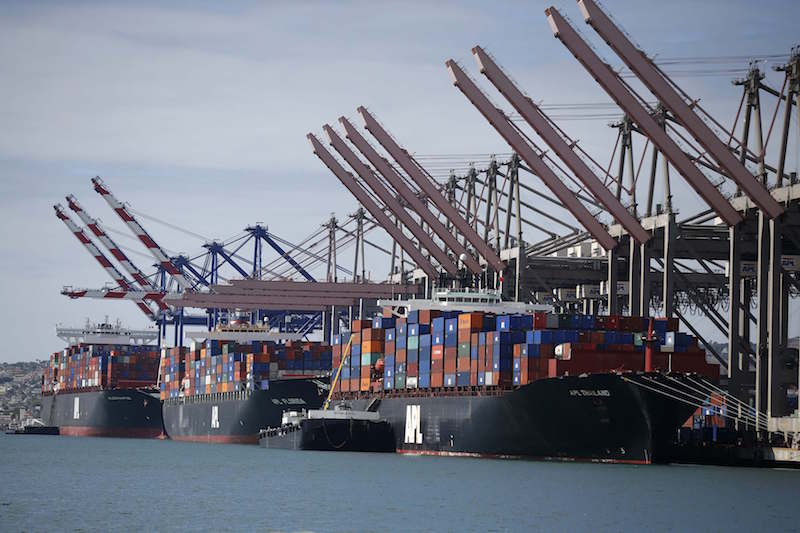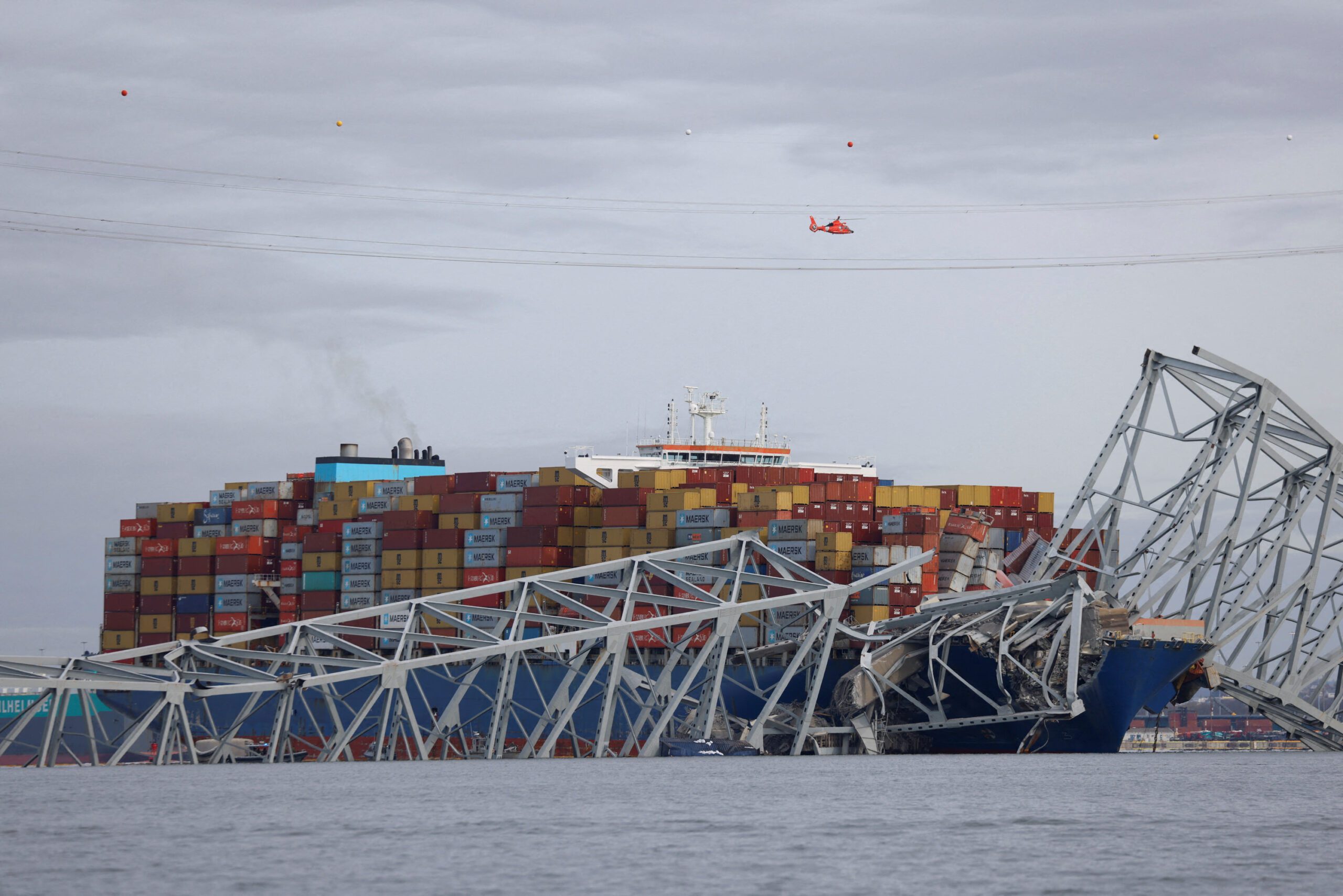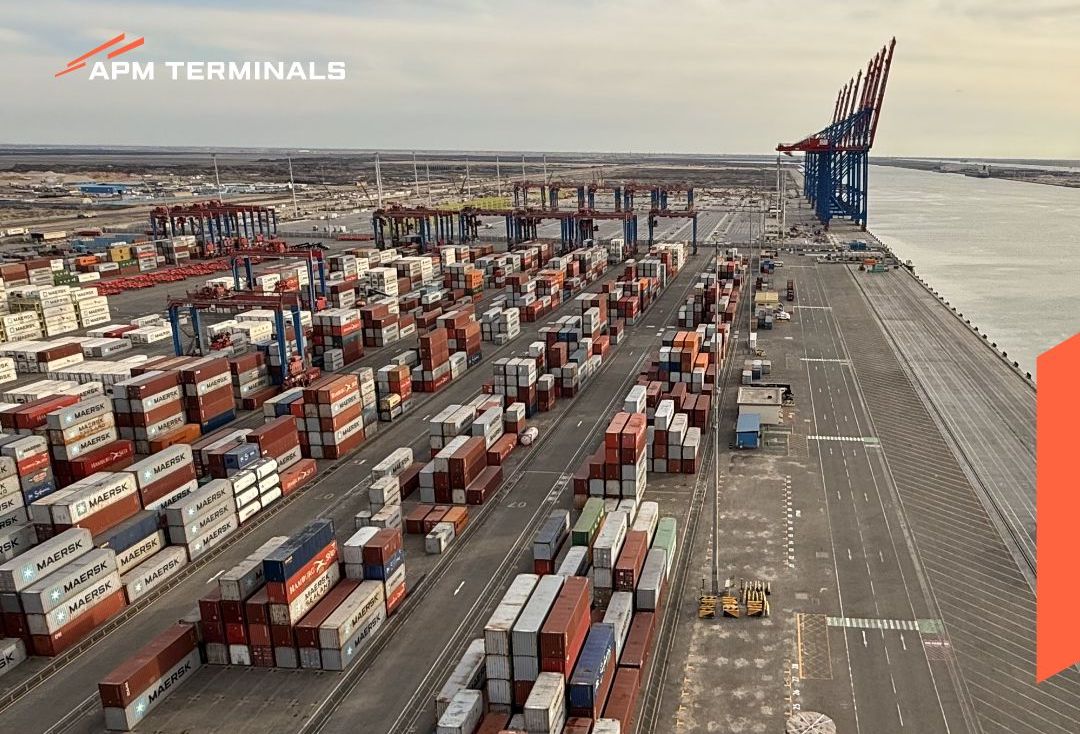Container ships sit in berths at the Port of Los Angeles, California October 15, 2014 file photo. REUTERS/Lucy Nicholson
By James Nash and Alison Vekshin
(Bloomberg) — West Coast dockworkers and their employers ended their nine-month standoff with a five-year contract deal, averting a shutdown of 29 ports that could have cost the U.S. economy $2 billion a day.
“This is now in the rear-view mirror,” Labor Secretary Tom Perez told reporters late Friday outside the San Francisco headquarters of the Pacific Maritime Association, which had been locked in the contract battle with the International Longshore and Warehouse Union. “A significant potential headwind for this economic recovery has been removed.”
Perez brokered a compromise on the issue of whether the union could fire arbitrators in workplace disputes, which had held up settlement on a contract after the sides agreed on other terms. Instead of a single arbitrator, a panel now will hear grievances, union President Robert McEllrath told reporters.
The labor standoff had reduced productivity at West Coast ports by as much as half since November. California citrus fruit bound for Asia spoiled on the docks, while Mardi Gras beads destined for New Orleans instead languished on cargo ships off the Southern California coast. Carmakers flew in vital components at more than 10 times the cost of shipping them, while Japanese McDonald’s restaurants rationed french fries because of a shortage of Idaho potatoes.
Perez had arrived in San Francisco on Feb. 17, dispatched by President Barack Obama after a federal mediator failed to bridge the gap between the two sides.
Clear Backlog
“This is great news for the parties involved in the negotiation and a huge relief for our economy -– particularly the countless American workers, farmers, and businesses that have been affected by the dispute and those facing even greater disruption and costs with further delays,” the Obama administration said late Friday in a prepared statement.
Obama also called on the parties to cooperate to clear the backlogs and congestion in the ports as they work toward a final agreement, according to the statement.
The Port of Los Angeles, the nation’s busiest, handled 29 percent less cargo in January 2015 compared with January 2014, and volumes were down 19 percent in neighboring Long Beach, the second-busiest port, according to statements from both ports.
The contract agreement won’t end cargo bottlenecks right away, even after port operations return to normal by Saturday night, Perez said.
“The parties have agreed to ensure that there are fully operational ports up and down the West Coast beginning tomorrow evening,” Perez said on a conference call with reporters. “I am confident that they understand the urgency of the task of eliminating the backlog.”
Workplace Grievances
Talks had broken down this month over a union demand that it be able to fire arbitrators in workplace grievances. The two sides had reached terms over salaries, benefits, the right of union members to maintain and repair truck chassis used to haul shipping containers and health care.
On Feb. 4, the management association publicized details of its contract offer, including raises of 3 percent per year for full-time dockworkers, along with maintaining fully paid health care that costs employers $35,000 per worker per year. The maximum pension would rise to $88,800 per year as part of the proposed five-year contract, the association said at the time. The union and Perez wouldn’t confirm details of the final deal Friday evening.
The tentative settlement still needs approval from unionized dockworkers from San Diego to Bellingham, Washington.
Reduced Capacity
“After more than nine months of negotiations, we are pleased to have reached an agreement that is good for workers and for the industry,” said maritime association President James McKenna and McEllrath, the union president, in a joint statement released late Friday. “We are also pleased that our ports can now resume full operations.”
In their statement, the union and management declined to release details of the contract agreement until they are presented to members.
Negotiators for the two sides were seen shaking hands and hugging in the the Pacific Maritime Association headquarters shortly after 6 p.m. local time, just as word of a deal leaked out.
The West Coast ports, responsible for 43.5 percent of U.S. trade, have been operating at reduced capacity since late October as dockworkers slowed cargo movement and port employers cut shifts.
The deal came after Perez gave the dockworkers’ union and shipping lines and terminal operators at the ports until the end of Friday to respond to a contract settlement he proposed. He said that had they not reached an agreement, he would have moved the talks to Washington next week.
Copyright 2015 Bloomberg.

 Join The Club
Join The Club











